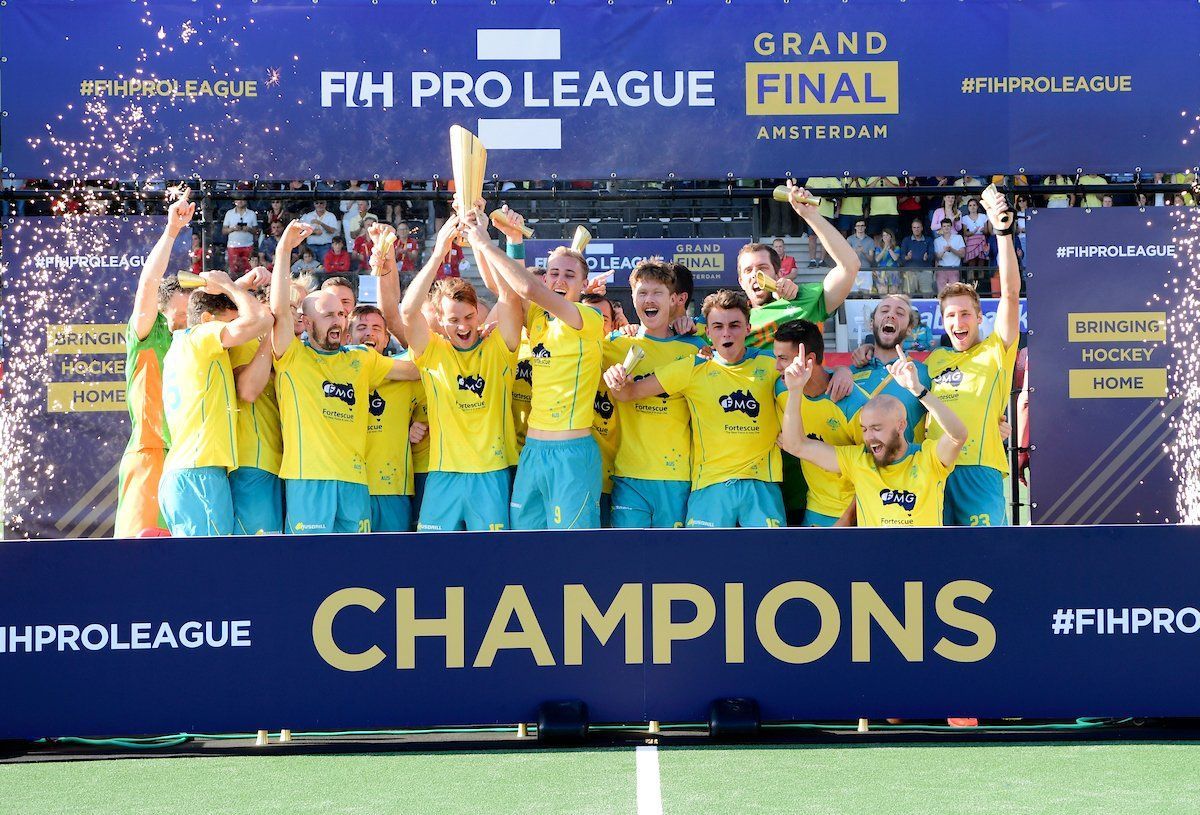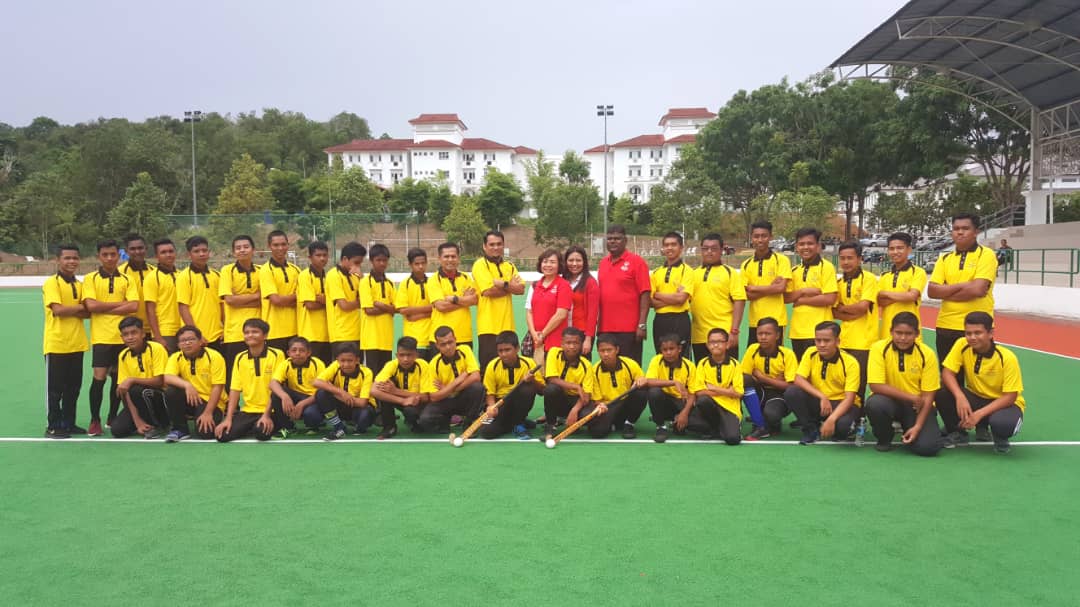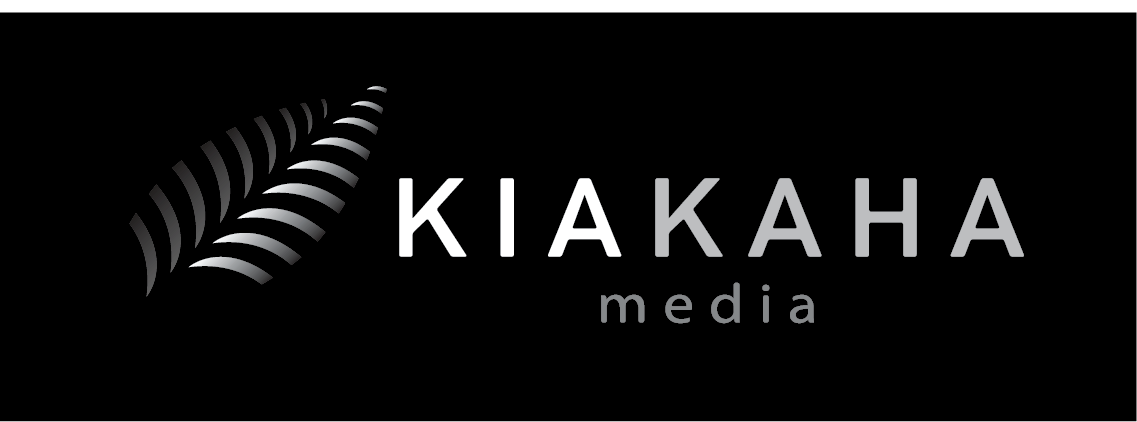PlanetHockey News
PlanetHockey News

By Jason Carr
•
20 Aug, 2020
It seems a long time ago that the former FIH CEO Jason McCracken appeared on our screens following the Women’s Champions Trophy in London and announced the launch of the new FIH Pro League. The ensuing months saw a frenzy of activity as the sport’s international governing body and the national associations tried to work out the logistics, the finances and, importantly, who would be taking part. The pure concept was to have the best nine men’s and women’s teams in the world playing each other in the first truly global home and away league. There would be prize money for the winning teams, financial rewards for players voted Player of the Match and money available that would filter down to other nations. The criticism that the league would create a two tier system between those playing in the FIH Pro League and those in the FIH Series Finals was countered with the argument that only by growing the sport in this way, could money be invested into developing sport in other, non top 10 nations. Fast forward to January 2019 and the FIH Pro League got underway. By this stage the concept had lost some of its shine as first India men and women and then Pakistan had dropped out of the league, leaving China women as the sole representatives from Asia. Belgium women had replaced India so the women’s league had a full complement of nine. Pakistan’s exit, because of financial issues, had been at a later stage and so the men’s league was left with eight teams. Despite all the misgivings, the league got off to a buzzing start, as reported in the previous issue of Planet Hockey. We pick up the action at the Grand Finals in Amstelveen, Netherlands. At the culmination of the Pro League, the top four teams in the men’s and women’s competition won through to the Grand Finals, to be played at the Wagener Stadium in Amstelveen. In the women’s section, Argentina were first to qualify, although they finished second in the league when all the fixtures had been played. They were joined by Netherlands, who finished top of the league, with only one defeat throughout the competition. Australia qualified following a hugely successful series of away fixtures between April and June, where they won five and drew once. That run came to an end in Antwerp, when Belgium beat them 1-0 . The fourth place went to Germany, who finished just ahead of Belgium in the table. The men’s league was even closer, with Great Britain taking the fourth spot on goal difference after they drew on points with Argentina. Australia finished top of the league with Belgium in second place and the Netherlands in third. The final placings and the final four teams were not decided until the last weekend of regular league action, making this a tense and exciting close of the home and away stage of the competition. Among the surprises and drama of the men’s league in the closing weeks was Spain’s unexpected win over Australia; the double defeat of Belgium at the hands of the Dutch; the amazing 4-4 draw between Germany and Belgium; and the 6-1 rout of Great Britain at the hands of Australia. The final qualification was not without its controversy: Argentina men had seen their match against Germany cancelled because of bad weather. According to the rules, the match could not be rescheduled and the result was a draw – with Argentina losing out to Great Britain on goal difference when it came to Grand Final qualification, the loss of potential points or additional goals was tough on the South American side. But, that issue aside, the stadium in Amstelveen was the scene of some memorable hockey matches as the four men’s teams and four women’s teams battled it out to become the first names on the trophy. The opening matches of the weekend saw the fourth placed teams take on the first placed and then the third and second placed teams battle it out. The prize was a place in the finals and the chance to become champions. This meant, in the women’s competition, Argentina faced Australia while Germany took on the Netherlands. In the men’s event, Great Britain faced Australia, while Belgium played the Netherlands. The opening match was the second/third place clash between Argentina and Australia. Two determined teams thrashed it out but the score at full-time was 1-1. The closest of shoot-outs ensued, with Kaitlyn Nobbs holding her nerve to score the winner that sent the Hockeyroos through to the final. Waiting for them were the Dutch. Alyson Annan’s team continued winning ways as they put in a workmanlike performance to beat Germany 2-1, despite the lower ranked team taking the lead and obstinately holding on to it for a large part of the match. Goals from Frederique Matla and Lidewij Welten in the last eight minutes were enough to send the Oranje through to the final. The men’s semi-final games went with the form books. Australia put in a convincing performance to beat Great Britain 6-1, while Belgium saw off the challenge of their European neighbours Netherlands 3-1 with goals from Tanguy Cosyns, Alexander Hendrickx and a stunner from Tom Boon that earned him the ‘Goal of the Grand Final’ award. The finals were two magnificent affairs with Australia men winning the most competitive of matches against Belgium and the Netherlands prevailing against Australia but only after shoot out. Netherlands men took bronze after a 5-3 win over Great Britain and Germany women took the bronze after they defeated Argentina in shoot-out after the match finished 1-1. In the men’s final, first half goals from Trent Mitton, Flynn Ogilvie and Blake Govers proved to be just enough for the Kookaburras, with late strikes from Loick Luypaert and Alexander Hendrickx setting up a thrilling finish. As well as winning the FIH Pro League, Australia have reclaimed their place at the top of the FIH World Rankings, displacing Belgium in the process. The Kookaburras also took a trio of individual awards, with midfielder Aran Zalewski named Best Player of the FIH Pro League, striker Blake Govers finishing as the Hero Top Scorer (12 goals) and Tyler Lovell taking the Volvo Best Goalkeeper of the FIH Pro Grand Final award. In the women’s final, the teams couldn’t be separated in 60 minutes. The scores were locked together at 2-2, before the Netherlands emerged 4-3 winners in the one-on-ones to defeat an Australia team that pushed them every step of the way in front of a sell-out crowd. Australia silenced the home fans when Mariah Williams scored from a penalty corner in the 19th minute before Marijn Veen pulled the Dutch level four minutes later. Kelly Jonker’s fourth quarter strike put the hosts ahead in the fourth quarter, but a late penalty stroke was clinically dispatched by Kaitlin Nobbs to send the match into a shoot-out. With the score locked at 3-3 after four attempts each, a disallowed goal from Australia’s Brooke Peris allowed Lauren Stam to wrap up the victory for the Netherlands. As well as the lifting the trophy, Frederique Matla was named as the Best Player of the FIH Pro League. Australia’s Rachael Lynch was named Deloitte Goalkeeper of the Grand Final, while Argentina’s Micaela Retegui took the Auping Best Goal of the FIH Pro League Grand Final thanks to her brilliant strike against Germany in the 3-4 play-off – a match Germany won on shoot-out. New Zealand’s Olivia Merry was overall top scorer in the FIH Pro League, with15 goals to her name.Lidewij Weltenwas Player of the Grand Final on her 200th international appearance.

By Jason Carr
•
20 Aug, 2020
A range of partners in Asia are working hard to bring hockey to the wider community through projects launched in Pakistan and Malaysia to deliver top quality coaching and competitive opportunities for students with intellectual disabilities (ID) Known as Hockey (ID) – or ParaHockey in Europe, the Americas and Australia – the aim is to develop a number of training camps and then bring students together for regular mini-hockey tournaments. The long term goal is for Hockey (ID) to be part of the Special Olympics Asia Pacific (SOAP) Regional Games in Jakarta in 2021. In Pakistan, excitement surrounding the Hockey (ID) project is high. An initial camp of approximately 25 students is already running in Karachi, working with Habib Public School who provide the facilities. Habib School has an impressive hockey tradition as national team players Sohail Abbas, Hassan Sardar and Qamar Ibrahim are all former students. While the Karachi camp is looking to expand its numbers, National Director of Special Olympics Pakistan, Daniyal Alvi is delighted that there are also moves to start a second centre in Peshawar, with a coach in place already. Alvi is also delighted that the International Hockey Federation (FIH) and Asian Hockey Federation (AHF) is supporting the project by providing equipment such as sticks, balls and goalkeeping equipment. In Malaysia, which was the first country in the Asian Hockey Federation to deliver Hockey (ID), the sport is also developing rapidly, driven by the positive energy emanating from a wide range of organisations who have come together to provide an inclusive hockey environment. The movement to extend hockey provision to people with intellectual disabilities has also been enthusiastically supported by the royal family of Perak. In a push to offer top quality hockey coaching and the chance to participate in an exciting competitive environment, the Asian Hockey Federation, Special Olympics Asia Pacific (SOAP), the State Education Department of Perak and the Majlis Sukan Negara (National Sports Council) of Perak have joined forces to create a programme which offers hockey to students from the Clifford School in Kuala Kangsar. The initial Hockey (ID) project, which came into being in April of this year, provides 33 students, aged 15-18, with the chance to receive regular hockey training sessions culminating in a mini-hockey tournament in September. The coaching is provided by qualified hockey coaches and teachers who specialise in teaching students with special needs. Other partners joining with the Clifford School Kuala Kangsar in delivering this project are the Education District Office of Kuala Kangsar and the Raja Ashman Hockey Academy in Perak. The training sessions and the tournament will all take place at the Universiti Sultan Azlan Shah in Kuala Kansar. Funding for the project – SGD500 – has been provided by Special Olympics Asia Pacific (SOAP) and extra funding raising efforts have been undertaken by the students and other organisations, including SOAP, to cover the cost of providing suitable turf shoes for all the students. A second Hockey (ID) programme will start this month [July], with a tournament in November. These are just two areas where Hockey (ID) is taking off and becoming an established part of a national associations hockey offering. Norman Hughes is FIH ParaHockey (ID) Sports Director and he is delighted with the direction of travel. “In a very short time period Asian Hockey and our partners Special Olympics Asia Pacific have energised nations to grow Hockey (ID). Our challenge now is to use these best practice examples and spread Hockey (ID) across many more Asian hockey nations”, he said. Adding, “I am sure that if we continue to work closely with our partners in SOAP we have a good chance of growing Hockey (ID) and really developing Hockey4All . Hockey can show it can offer so much to society and how teamwork and friendship enriches lives”

© 2022 PlanetHockey • Website Design Auckland by Fuel
Get in Touch
PO Box 37 978
Parnell
Auckland, 1001
New Zealand
P: +64 21 757 747






